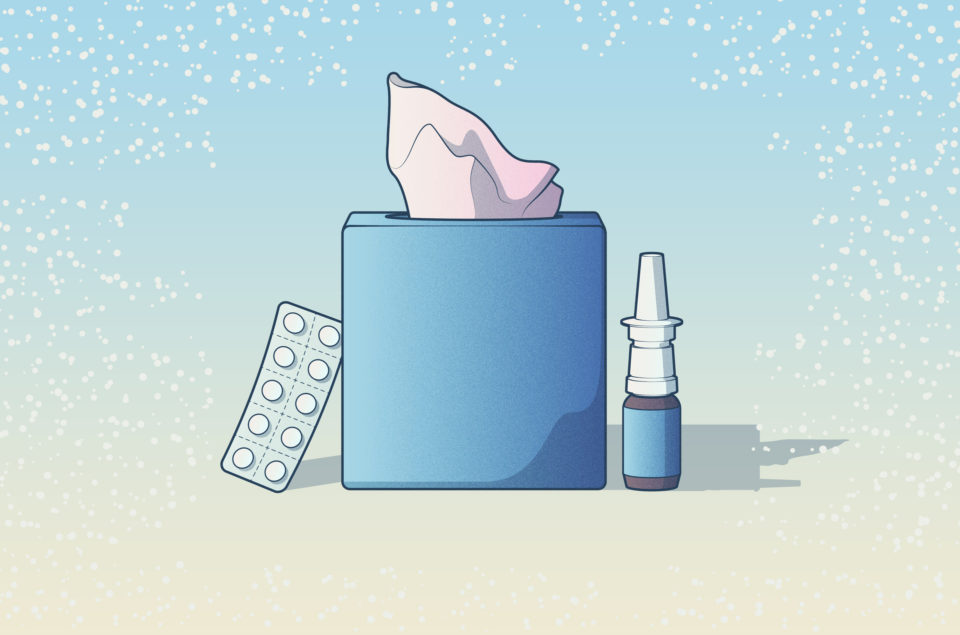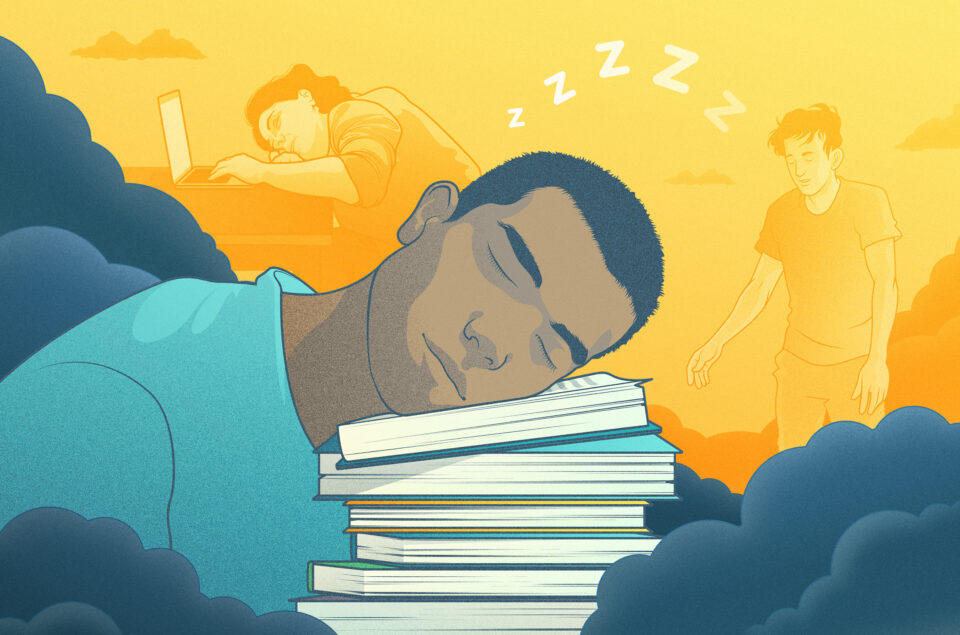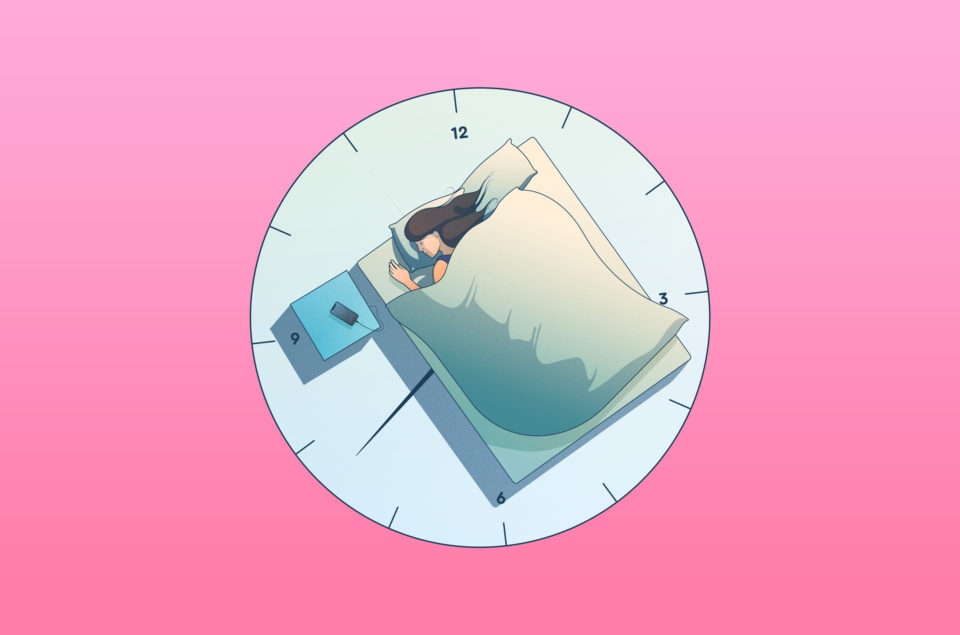Between looming academic demands, practices, family obligations and other extracurriculars, students’ plates are overflowing and sleep often falls to the bottom of the “to do” list. How can students get the sleep they need while juggling everything on their schedules? Check out these sleep hacks for an A+ night’s rest.
What causes sleep deprivation in students?
According to Sleep Cycle Sleep Expert Li Åslund, these are the top 3 reasons students are likely to experience sleep problems:
- Biological changes. When people reach adolescence, the body’s sleep rhythm is often delayed, making teens and young adults “night owls” whose body naturally stays up later. Since most schools still start bright and early, this can mean that students are consistently staying up late and getting up early, which is a recipe for sleep deprivation.
- Social demands. Whether they are chatting on social media, texting, or hanging in real life, students can socialize with friends for hours, late into the evening. This can lead to later bedtimes and by consequence, too little sleep. In addition, blue light exposure from looking at devices directly before bedtime can impact sleep quality. TikTok can wait!
- Academic obligations and stressors. To put it bluntly- school is stressful. Stress related to school performance can influence sleep, making it harder for students to fall asleep, prolonging sleep latency, and causing them to toss and turn all night.
Top 9 sleep hacks for students
With these tips from Dr. Åslund, students can improve their sleep, giving them the energy they need to ace their classes.
- Keep a regular sleep schedule. Your body craves regularity, so find the right time to go to sleep and the right time to wake up every day. Try to wake up at the same time every day of the week- don’t hit the snooze button! Over time, your body will become naturally accustomed to the schedule you set, making it easier to fall asleep quickly and wake up refreshed.
- Avoid all-nighters. Especially the day before a big test, it may be tempting to stay up all night studying, but all-nighters can be harmful to cognitive function, memory, and mood. When in a bind, try getting up early to study instead so you can dodge the negative side effects of all-nighters.
- Step into the sun. Get outside and soak up some daylight every day, preferably in the morning. This will make you more tired in the evening, so you can fall asleep when your homework is finished.
- When in doubt, power nap. When you are overcome with daytime sleepiness and still have a lot to get done, a power nap can help give you the boost you seek. Keep it to under twenty minutes. Between 1PM and 3PM is usually the ideal time to nap since it’s when most of us experience a natural dip in energy. That time frame is not often convenient for students, so fit in that power nap whenever your busy school schedule allows. A caveat: If you have consistent problems falling asleep, naps may not be the best option for you, as they can prolong the sleep latency in the evening.
- Exercise regularly. There is a link between working out on a regular basis and good sleep. Getting at least 20 minutes of physical activity daily can decrease the number of times you wake in the middle of the night.
- Save the bed for sleeping. Avoid doing everything in bed (reading, watching TV, eating, studying, etc.). The bed should be associated with sleep, not the TV show you’re binging or the essay for your literature class. Leave your bed after you wake up and don’t get back into it until you are tired.
- Stick to a routine. Have a bedtime routine that includes dimming the lights and engaging in more quiet activities before going to bed. To avoid getting too caught up in a TV show or project that you forget your routine, set a “start bedtime routine” reminder for one hour before your standard bedtime.
- Limit caffeine intake in the afternoons. Energy drinks and coffee are lifelines for some students, but if you drink them too late in the day it can keep you from falling asleep come bedtime.
- Practice stress-relieving activities. It is normal to sleep worse in periods of stress. Carve out time in your day and before bed for calming, relaxing activities. If you are not sure where to start, Sleep Cyle’s Sleep Aid library has a curated collection of soothing stories, sounds, music, and meditations.
Bonus tip – Track your sleep: the Sleep Cycle app provides you with tailored guidance on how you can change your routine to improve your sleep. You can also set a sleep goal so the app helps you get the sleep you really need.
Some students put off sleep to focus on their studies, but that tactic could backfire. Sleep is vital to academic success, meaning catching more Zzz’s could lead to more A’s. Students, test out these sleep hacks to see which works for you and your report card.










